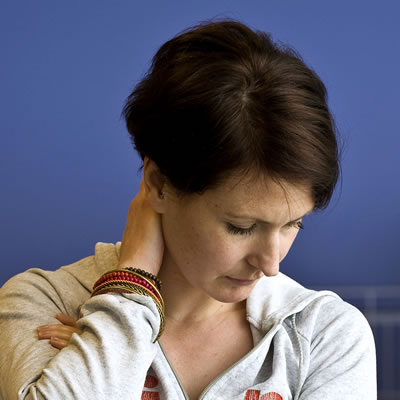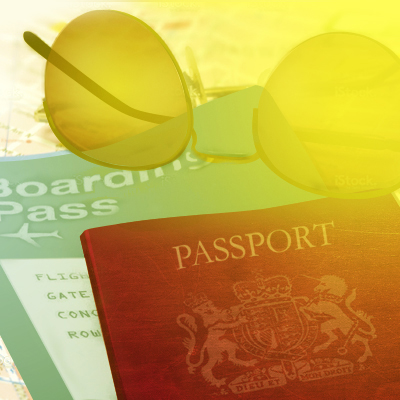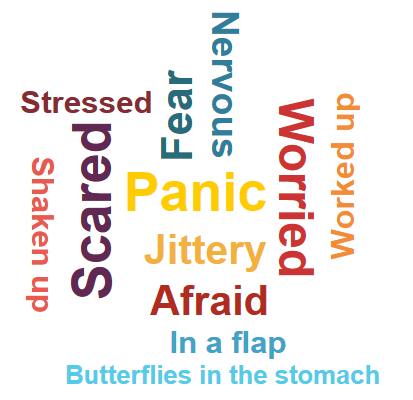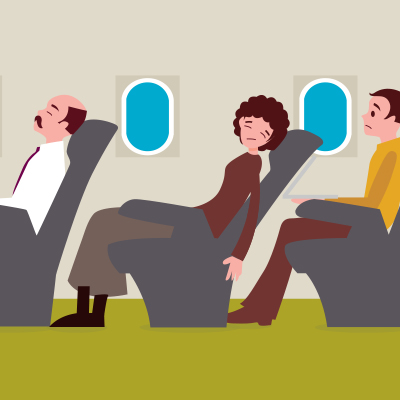You may already be using strategies which help you cope, or have found you have no choice but to change your daily routines.
Other people may have given you suggestions for coping strategies to help you to manage your breathlessness, symptoms and situations. There are many strategies which may be helpful and we would suggest, if you haven’t already done so, trying out some of the strategies below:

© Crown Copyright 2009
Lifestyle choices
- Healthy eating (for more information see our section on Healthy eating for people with Asthma).
- Exercising in a manageable way (for more information see our section on Exercise, sport and asthma).
- Avoiding too much tea / coffee / energy and fizzy drinks.
- Stopping smoking (for more information see our section on Help to stop smoking).
- Limiting your alcohol intake.
- Getting enough sleep.
- All other activities that help YOU take care of yourself.
Sources of support
If stress and anxiety are causing you major distress and affecting your function and involvement in daily life, your mood, relationships it may be worthwhile speaking to your GP or another health care professional. Other local agencies include:






 Some countries outside Europe have an agreement to provide emergency medical treatment to people from the UK. You will be treated in the same way as a resident of the country you are in, although this may not cover all the things you would get for free on the NHS.
Some countries outside Europe have an agreement to provide emergency medical treatment to people from the UK. You will be treated in the same way as a resident of the country you are in, although this may not cover all the things you would get for free on the NHS.


